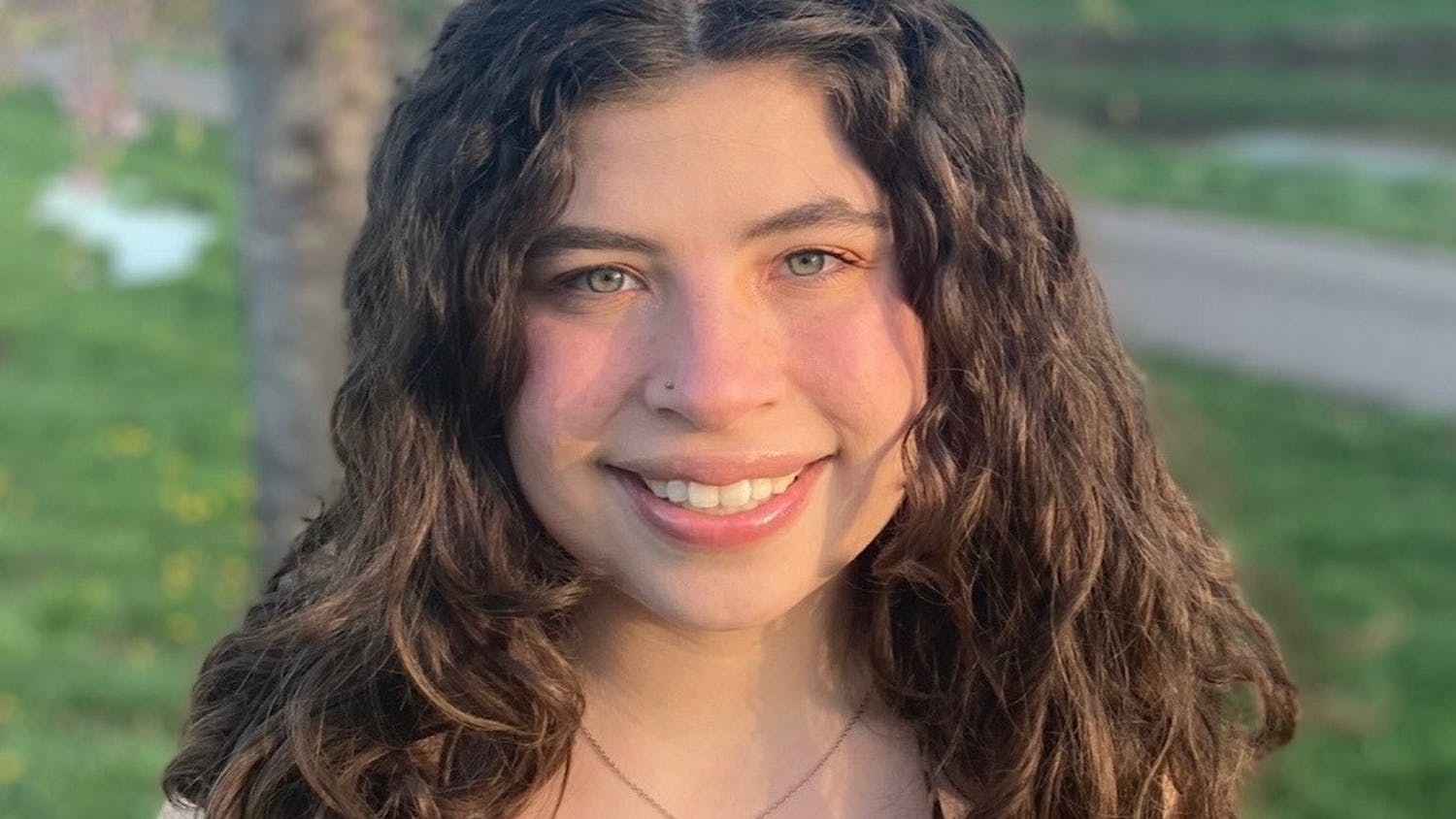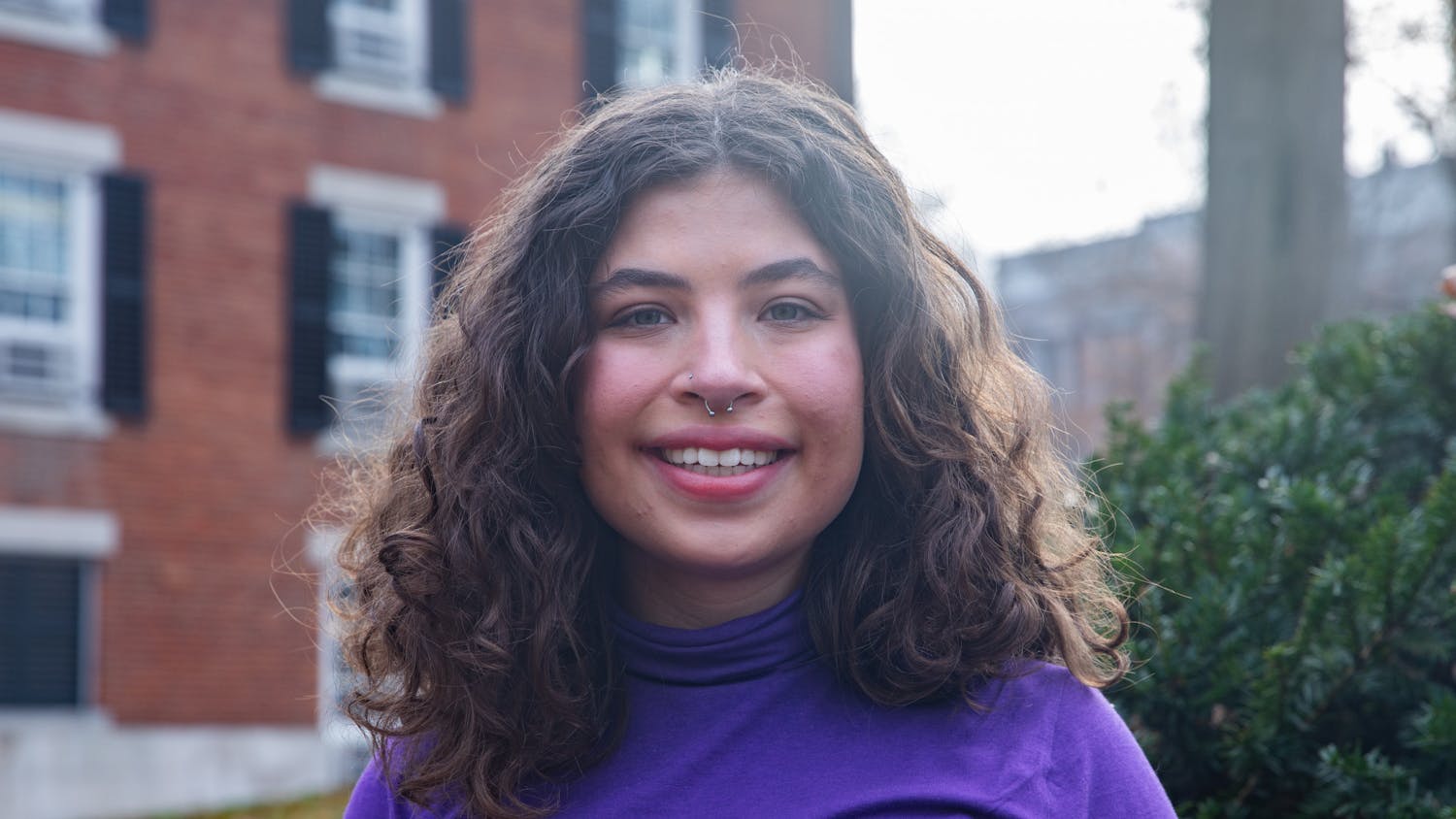Reading the news is typically difficult for most, whether it be learning of a war or pandemic death tolls, something new and terrifying being discovered in the ocean or space, or the most depressing climate update ever, the endless headlines are enough to make anyone want to bury their head in the sand. And, although it is called “news,” these stories can feel very repetitive as if all of the reports are coming out of Groundhog Day-esque nightmares.
And then, sometimes, something will grab your attention and break your heart. An article will be so devastating all you can do is close your eyes and think. Just think. Because what else can you do? What else can any of us do? And somehow, despite the heartbreak, it will still feel like a repetitive nightmare.
Last week, I had two such moments. A Jewish man named Eyal Haddad was brutally murdered by his neighbor in a town near Paris, France. Although the killer first said his motivations were due to a feud over money, he later admitted that he killed Haddad because he was Jewish. His death echoes the death of another French Jew named Sarah Halimi who was murdered in 2018. Both were killed by their neighbors. Halimi’s murderer was sentenced to life in prison, and at this point, I expect about the same fate for Haddad’s killer. But is that enough?
Meanwhile, in Sweden, a neurosurgeon was fired for being Jewish. He reported antisemitism in his workplace, and then received a lower wage and was demoted. After expressing that he was unable to do his job, he was fired. Not only did the Swedish Labor Court rule that the hospital’s decision to fire was antisemitic, but the hospital itself admitted that this was motivated. The doctor won his lawsuit against the hospital and will likely continue to practice at another hospital. But is that enough?
No, none of it is enough. What is on the line here is life and livelihood. A man was killed in cold blood by his neighbor for being Jewish. Another man lost his career for the same reason. Whatever sort of retroactive justice that follows will not be enough, not ever. A life is still lost and another is still ruined. And it will only be a matter of time until we see other such incidents.
What will be enough, then? In the wake of these incidents there is clear legal action being taken, but what about morals? What will actually prevent antisemitism?
That is the question I fear I may never be able to answer. When death and dignity are what we’re facing, what can we do to fight?
Although I do not have the answers, I do know that I’m sick of seeing the same headlines. It’s so terrible to read these stories and think to myself, “Wait, didn’t this happen last year?” Because it did happen last year and the year before. And it will happen again soon. Such is the repetitiveness of Jewish death and dignity.
Hadass Galili is a senior studying political science pre-law at Ohio University. Please note that the views and opinions of the columnist do not reflect those of The Post. Do you agree? Tell Hadass by tweeting her at @HadassGalili.





